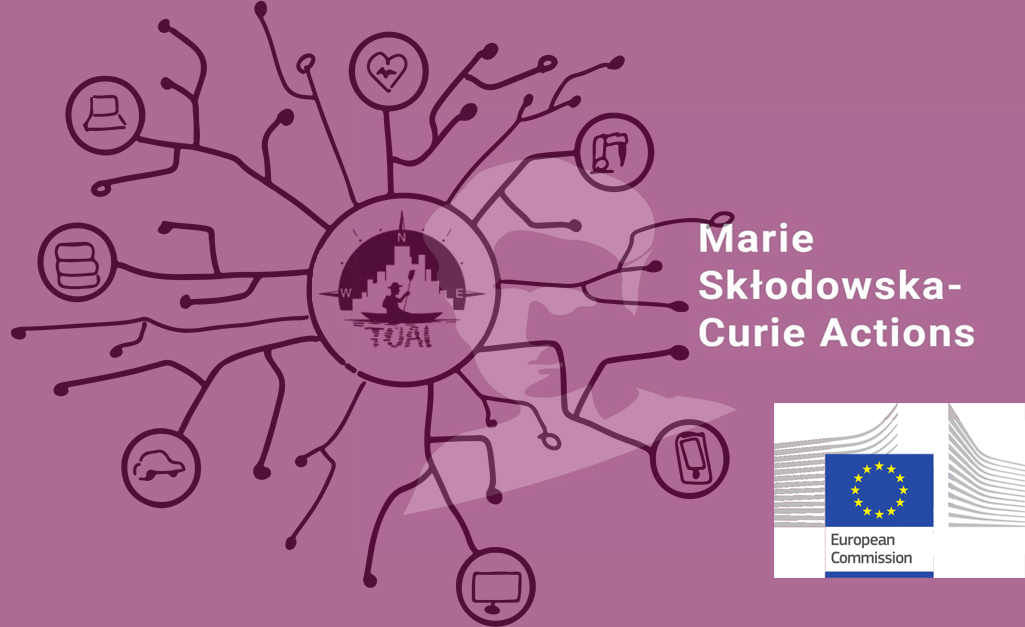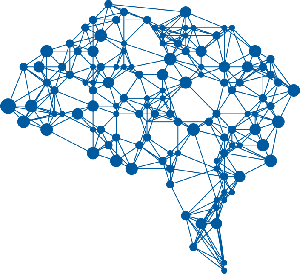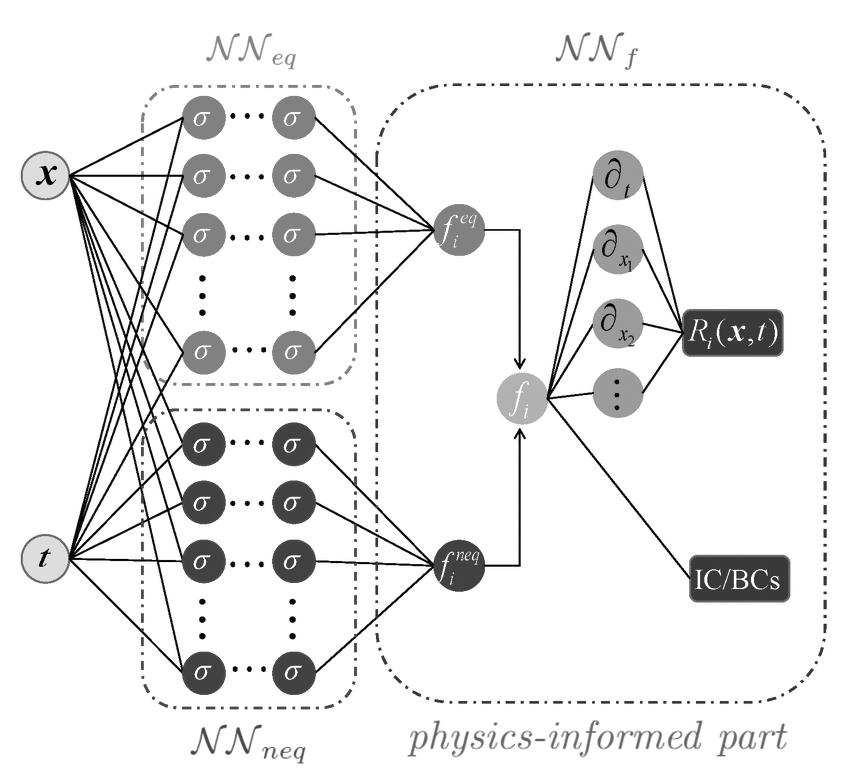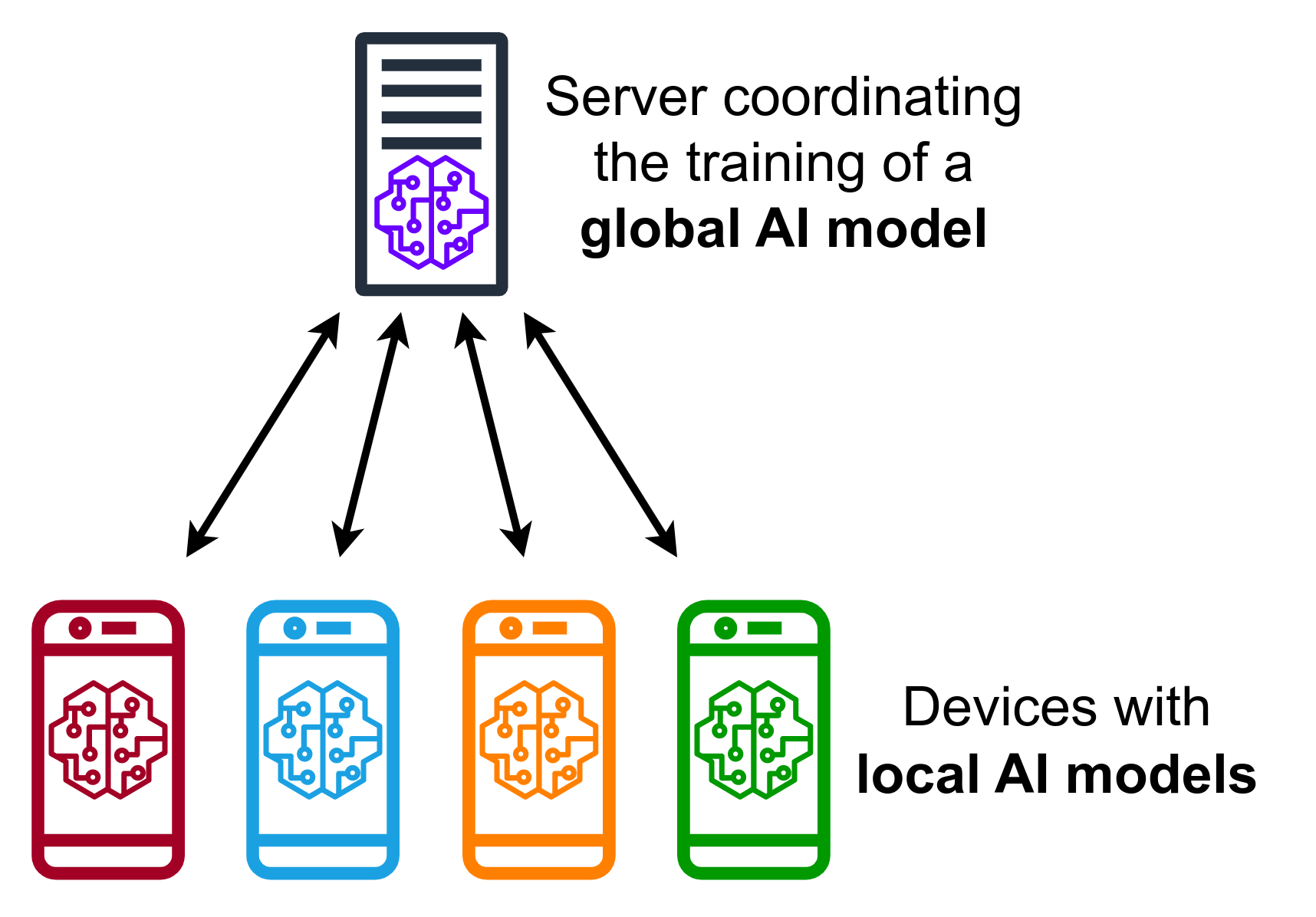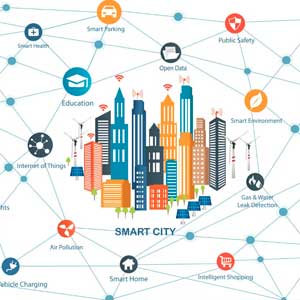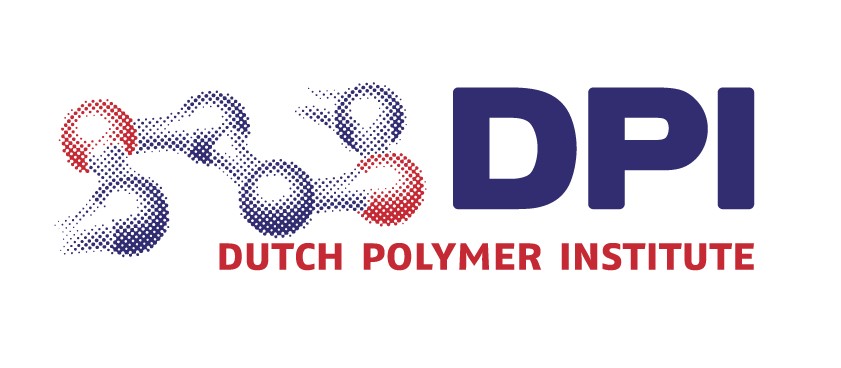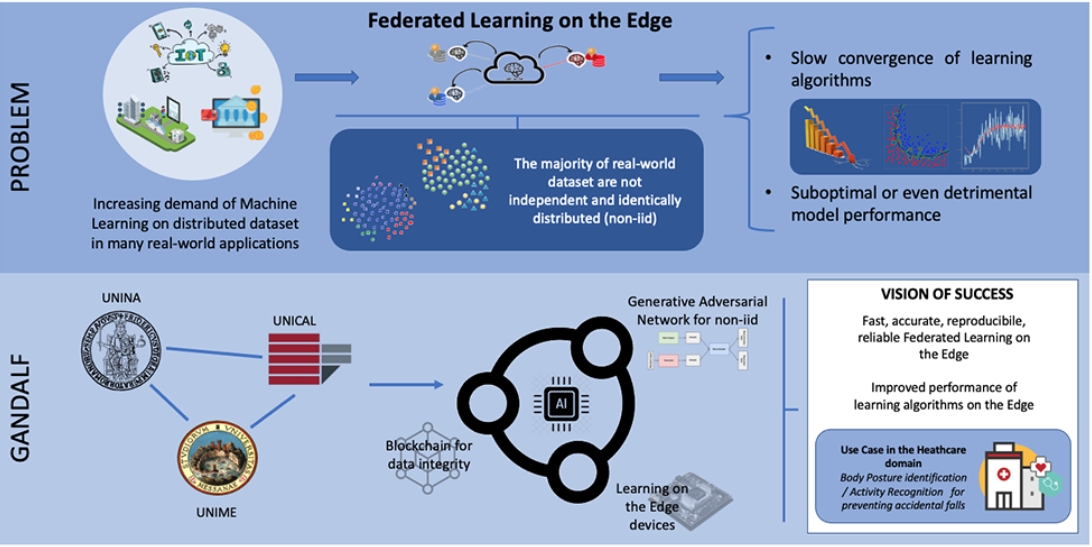The TUAI Project (Towards an Understanding of Artificial Intelligence) is a Marie Skłodowska-Curie Doctoral Network under the Horizon Europe program. This project focuses on training a new generation of researchers in sustainable AI solutions, addressing challenges in smart manufacturing, smart cities, healthcare, and mobility.
